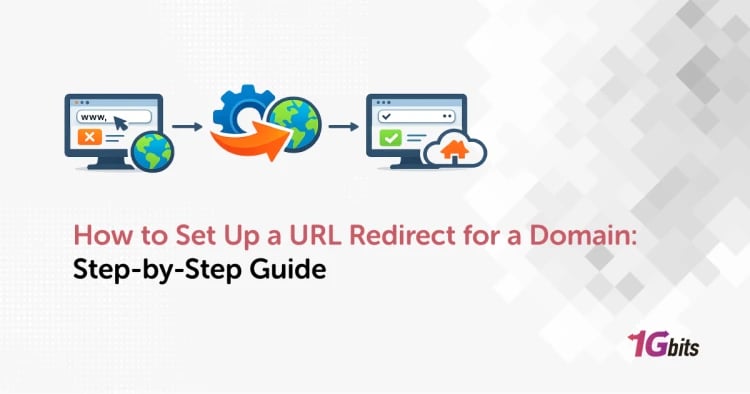VPN or virtual private network is a fantastic tool for surfing the Internet anonymously and keeping your connection secure. Especially if you live in a country that restricts internet access, a VPN can be your only way to go around those restrictions and use this fantastic virtual world unlimitedly because a VPN hides your IP address and shows the location of the server you are using to outsiders.
However, there are millions of free or paid VPN options out there. How can you decide which is trustworthy, will meet your needs, and keep your connection private as promised? Don’t worry; we are here to help!
Let’s see how to choose a VPN based on some must-have features and whether it’s wise to spend money on a VPN. Moreover, we’ll lay out the pros and cons of a VPN overall to help you decide better.
Keep reading!
How do I know if a VPN is trustworthy?
Regardless of the features a VPN provides, you should ensure it is trustworthy. Although a VPN will secure your connection, it can also make it simpler for hackers to get your information. Many hackers create VPNs on their servers to penetrate people’s private data and passwords.
As a result, if you don’t know how to choose a VPN, the first factor you should consider is its trustworthiness. You can use tools such as BrowserLeaks to check the VPN’s IP. If you can see the IP address, the server is secure. If not, your IP is not secured and potentially is being leaked to the world. To learn more about how to effectively use a VPN to enhance your online privacy and security, check out our guide on how to use a VPN.
Is it worth spending money on VPN?
In short, yes. Spending money on a VPN is important, especially if you want to use it daily. In some cases, such as trading cryptocurrency, having a permanent IP is essential to keep your account safe and not get banned because of suspicious activity.
Free VPNs usually have a hundred different IPs from different countries. And to operate better, they connect to the fastest and nearest location each time you turn them on. As a result, you may accidentally change your IP and get banned from different apps or websites.
In addition, free VPNs are not as fast and reliable as paid ones. They may suddenly stop working for no reason, leaving you bare-handed and even causing delays for your important deadlines. Considering these factors, purchasing a VPN with static IP will be worth it. For a deeper understanding of VPNs and how they work, check out our detailed guide on what is a VPN.
How to choose a VPN
Using the VPN, especially for security matters, begs the question: “What features should I look for when buying a VPN?”
Now that you know everything about VPNs and still want to use one for your good, in the following, we’ll guide you through the factors you should consider when buying a VPN.
Read the customer reviews.
There are thousands of VPN services out there; all seem trustworthy at first glance. So, it would help if you first considered reviewing all the information and data available about the company to see whether its services are worth it.
And what source is more reliable than the users’ feedback who have already tried the services? However, don’t trust every review you read. Some companies write fake reviews to attract more customers. So, do your research and be critical about which one you can trust.
Check out the connection speed.
Mediocre VPNs can result in a sluggish connection and slow your Internet speed. If you don’t want that to happen while gaming or trading, check the VPN’s connection speed and make sure it is as fast as your internet connection.
Make sure it is secured.
The main purpose of using a VPN is to have a private connection. So, what uses a VPN service could be if it can’t guarantee your security and privacy?
Ensuring the security of a VPN service must be your priority in that matter. Before taking action, read the service’s privacy and security policy and look for features guaranteeing security while using the VPN.
Choose the VPN’s region carefully.
The VPN server is like a big physical computer. And it is placed somewhere in the world. In simple words, if you want to have a German IP, you should purchase services from a server that is located in Germany.
Each VPN service provider must go by the rules of their home country. As a result, if you purchase a VPN from a country that restricts certain media, you can’t access those media as well. Even some countries’ laws require VPN providers to collect customers’ data and hand them over to authorities, which will compromise your privacy.
Therefore, according to your needs, choose a server located in a country without strict limitations and restrictive rules.
Avoid complicated VPN apps and services.
Configuring some VPN services requires the knowledge and skills of a tech expert. Such services don’t worth it. VPN providers must make their services as easy to use as possible so even the most inexperienced people can get access to them.
Therefore, unless the how-to-use part instructs you to download the app, type the activation key (if any), and start using the service, it’s not worth your time.
Ensure customer support is 24/7
Like any computer connected to a network, a VPN server can go down and encounter some problems. In that case, especially if you are in the middle of vital work, it’s important to have access to customer services to fix your problem.
So, before deciding which company you want to purchase VPN services from, check to see whether they have 24/7 customer support. Always start with a short-term subscription plan to examine every aspect of the service before going for longer plans.
Purchase a VPN with static IP
Unlike what many people believe, free VPNs are not free. They’ll either have a limited free trial or force you to buy a premium subscription after a while to prevent connection loss. In addition, free VPNs don’t have dedicated IPs which can compromise your account on different websites and apps.
However, paid VPNs may or may not provide a static IP address. That’s why we insist on paying close attention to the VPN’s IP of the location before considering purchasing a subscription. If you’re looking for a guide on how to set up a VPN on Cisco routers, check out our detailed article on configuring VPN using Easy VPN on Cisco routers, which walks you through the process step-by-step.
What are the pros and cons of a VPN?
Pros:
- A VPN can bypass GEO-related restrictions and allow you to enjoy the Internet no matter where you are.
- It can keep your connection private by hiding your IP address and data, showing the server’s information instead.
- It provides safety for remote work. Connecting to an office computer by a public network is not a good idea as it will put it at risk. A VPN creates a private connection for employees to use the company’s resources remotely.
- A VPN can be cost-effective for other activities. For instance, many booking websites track customers’ locations to increase prices. Using a VPN will trick those websites and shows the real price, not the region-based cost they charge people for.
- It is much cheaper than other options, such as firewalls or other security apps that provide security. This software charge monthly, while you can purchase a VPN subscription for a whole year at far lower prices.
Cons
- A VPN might slow the connection speed. Connecting to a server far away in another part of the world will take a bit of bandwidth. As a result, it may make your internet work slower than usual. However, you won’t have such problems with new and updated VPN services.
- More secure websites will block your access once they find you are not connecting from the usual IP. To prevent that, you need to use a static VPN and leave it on the whole time you use the Internet.
- Setting up and configuring a VPN might be complicated for most people. Moreover, failing to set it up properly may lead to security problems. However, nowadays, VPN providers have created platforms that allow people to set up a VPN with just one click.
- Dropping connection is the most common problem with VPN services. Even the most powerful VPNs may drop connection just as your local network. If it happens while using a highly secured app, you can violate ISP terms of service and get banned.
Can I be tracked if I use a VPN?
VPN provides a secure connection to be free while using the Internet. Although it prevents websites and apps from accessing your data, it doesn’t mean using a VPN will make you untraceable.
Your Internet Service provider can always track your activities and tell whether you are using a VPN. On the other hand, government and other similar entities can ask your ISP to give information about your online presence or use their ways to track you down.
Besides these exceptions, no one can track or access your data while using a VPN. If you're looking to enhance your online security further, check out our guide on how to install OpenVPN, which provides step-by-step instructions for setting up this robust VPN solution on your devices.
Wrapping up
In a world where cyberattacks are increasing daily, keeping a secure connection has become more critical than ever. Many people turn to various methods, such as using a VPN, to access a private network safely. However, choosing the right VPN is crucial, as some services may slow down your Internet speed or even compromise your network security.
One powerful option for individuals or businesses seeking enhanced control and performance is using a VPS for VPN. A Virtual Private Server (VPS) offers more flexibility, allowing users to host their own VPN, such as OpenVPN, ensuring greater privacy and the ability to tailor settings to specific needs. This setup can improve both security and speed compared to traditional VPN services, as the user has full control over the server environment.
For those seeking a more advanced solution, setting up a VPS for OpenVPN is a popular choice. OpenVPN is a widely trusted open-source VPN protocol known for its robust security features. By hosting OpenVPN on a VPS, users can create their own private VPN network with enhanced encryption, further protecting their data from potential threats.
Before selecting a VPN service or setting up your own through a VPS, always take time to evaluate your specific needs, such as speed, security, and customization options. If you're considering switching to a new VPN service, it's advisable to start with a monthly subscription to test its performance and compatibility. Once you're satisfied with the results, you can commit to a longer-term plan for more cost-effective coverage.
Additionally, understanding the difference between a VPN and other remote access solutions like RDP is essential for making an informed decision. You can explore the key differences in our comprehensive guide on the difference between RDP and VPN to determine which option better suits your security and remote access needs.
People also read:
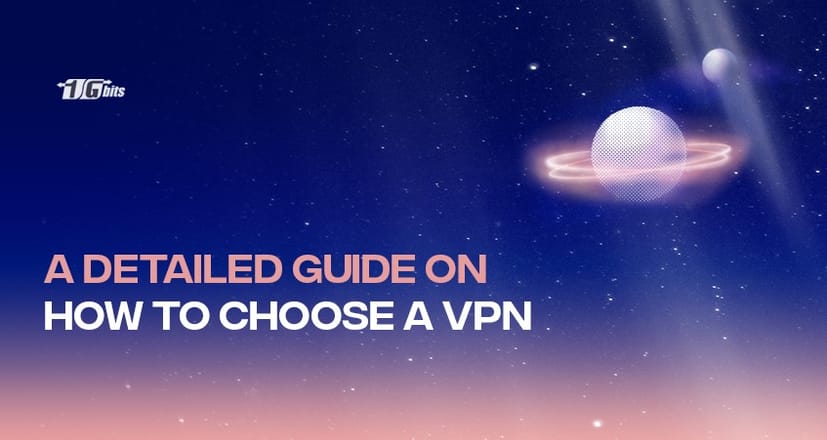

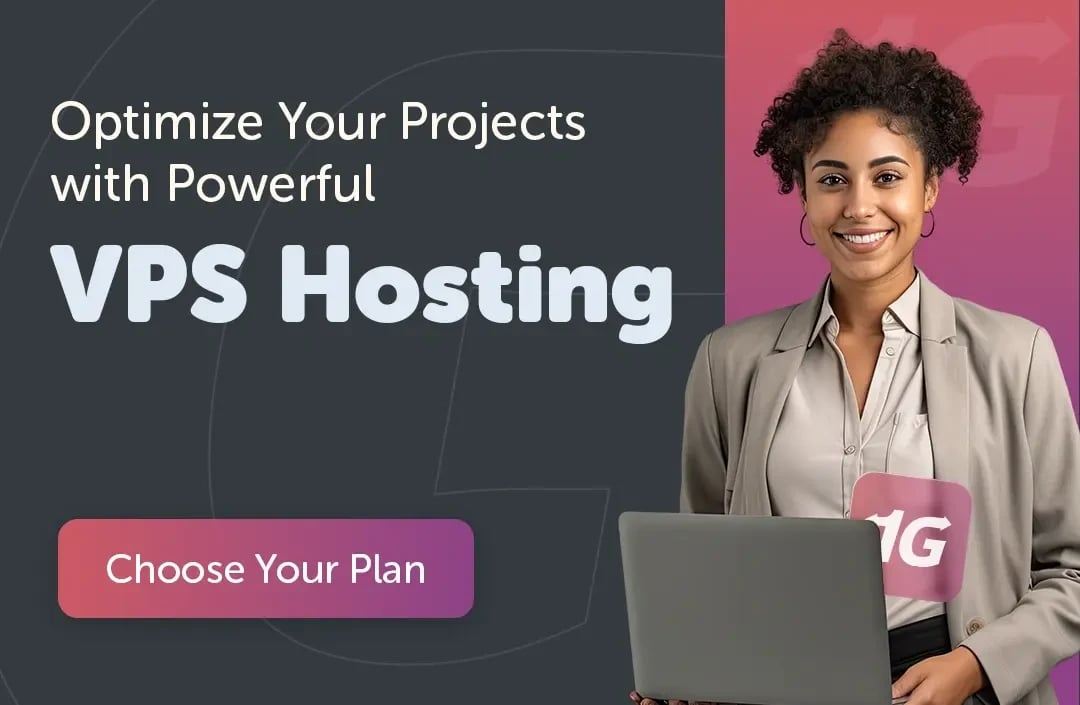
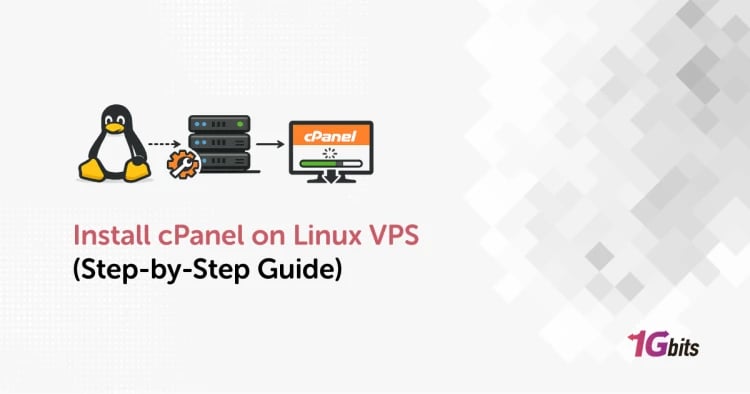

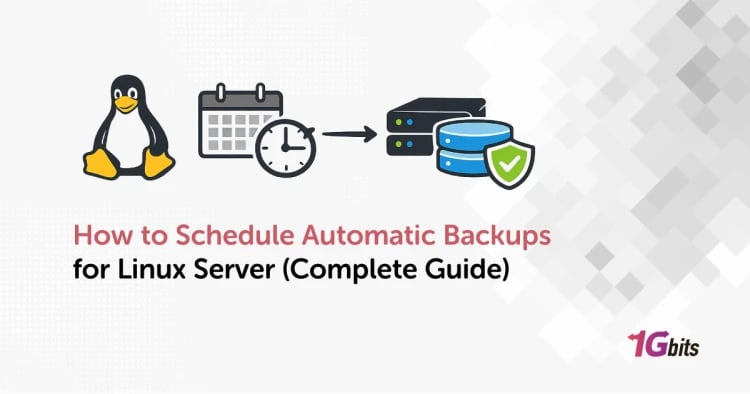
![What Is Cold Data Storage? ❄️ [2026 Guide] What Is Cold Data Storage? ❄️ [2026 Guide]](https://1gbits.com/cdn-cgi/image//https://s3.1gbits.com/blog/2026/02/what-is-cold-data-storage-750xAuto.webp)
![What Is Virtual Desktop Infrastructure? 🖥️ [VDI Explained] What Is Virtual Desktop Infrastructure? 🖥️ [VDI Explained]](https://1gbits.com/cdn-cgi/image//https://s3.1gbits.com/blog/2026/02/what-is-virtual-desktop-infrastructure-vdi-750xAuto.webp)
